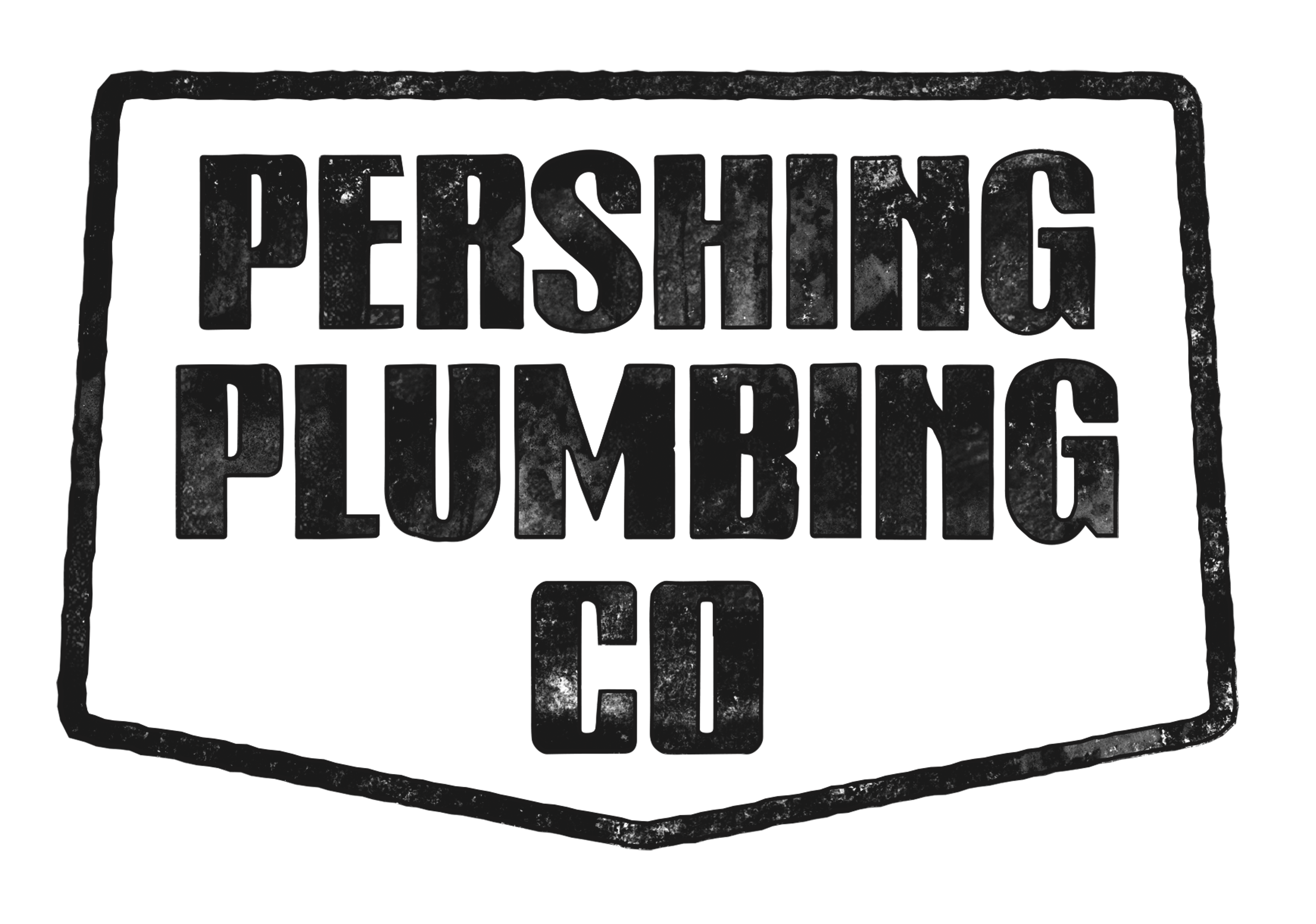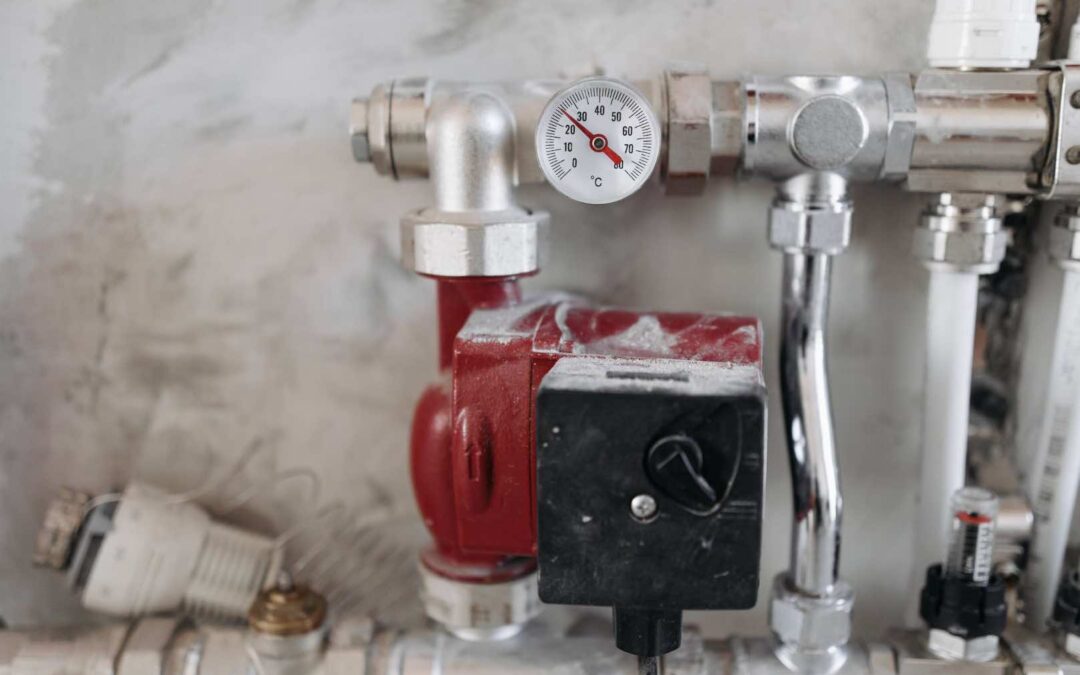Drip. Drip. Drip. Oh no! It’s not something anyone likes to hear. You’re starting to worry about how much money you might have to spend if there’s a leak in your home. It isn’t as hard as you think to maintain your plumbing system. Preventative maintenance can help you avoid common problems like leaks, clogs, and broken pipes. Use our plumbing maintenance tips to learn how to care for your plumbing system.
First things first: Plumbing terms to know
There are some terms that you should know before you start any maintenance.
- Shut-off valve
- Auger
- Flapper
- Water pressure
- Drainpipe
These components are essential parts of your system and help maintain its functionality. Knowing them can help you diagnose the problem. You might need to do more research depending on the problem you are facing, but you should have some knowledge to get you started. It is vital to understand the basics of plumbing.
Make a Preventative Maintenance Plan
We all have busy lives. It is no surprise that it can be difficult to find time for household chores. If you leave plumbing problems unattended, it could cause permanent damage to your home
Make sure to take a walk around your home and take note of any areas that need attention. You can then organize your time by adding them to your favorite calendar app. Your plumbing maintenance schedule will ensure your system is running smoothly and save you money.
Fix Leaking Shower-heads and Faucets
Did you know that water from faucets can leak up to 180 Gallons per week. These leaks could be caused by:
- A corroded seat for a valve
- O-ring problems
- A worn washer
Leaks can not only waste water but also cause an increase in your water bills. You can prevent leakage from occurring by inspecting your shower-heads and faucets frequently.
Also, make sure your water shuts off properly. These are a common source of water leakage. To determine if a pipe is leaking, you should check the area under your sinks. Water stains should be addressed immediately if you notice them.
Check appliances for water leaks
The main water line is connected to most appliances in your house, including the water heater, washing machine and refrigerator. Each process can use large amounts of water and could leak at any time.
If there are standing water puddles or water spots around appliances, you will know that it is leaking. To help you maintain the product, manufacturers provide maintenance guidelines. These guidelines will help you keep track of any problems and plan for the repairs.
Make sure your drains are clear
You may have a minor clogging problem if water is slowing down in your drains. You might consider buying a chemical drain cleaner. It’s an effective and powerful solution that can quickly clear any blockages. This can sometimes be a bad idea as these products can cause damage to your toilet or pipes. You can instead use hot water, vinegar, or baking soda. Your water will return to its normal flow rate as the contents bubble up.
This method should be used at least once per month. If you have tried all of these methods but still are having problems, contact a local professional Long Beach Plumber.
Take a look at what you flush down the toilet
Most Glendale Plumbers will tell you that you should be careful what you flush down your toilet. Hair, grease, hair, and wipes are all possible to build up and block your drains. Only toilet paper and waste should be flushed down the septic tank. This is the simplest way to avoid costly and unsightly repairs.
Check Your Sewer Drains
Depending on where you live, your home may be connected to either a septic tank (or a sewer line). Septic tanks are used to treat wastewater on-site, usually in an area near or under your home. Sewer mains connect to the city’s water supply. Your wastewater is sent underground to be treated at a nearby facility.
No matter how well-maintained your home’s sewer system is, it is important to have your drains checked by professional Glendale Plumbers. Pipes can become clogged from the constant flow water and cause problems in your home’s sewer drains. To prevent this from happening, schedule main sewage line maintenance at minimum once a year. Any minor blockages can be cleared by a professional plumber before they become serious problems.
Check your water pressure
Did you ever have moments when you were looking forward to getting in the shower, but the water pressure was slowly rising? You are not the only one. Although we might not think about this too often, water pressure regulation is vital for our homes.
Lower water pressure means it takes longer to wash dishes or take a shower. If the water pressure is too high, it can cause leaks and burst pipes. Balance is the key.
A pressure gauge can be used to test the water pressure. This will tell you if your water pressure is too low or high. A pressure regulator is another preventative measure that you can take. Pressure regulators keep your water at the right level so that it does not exceed the minimum level. These two tools will help you keep your water bills low and manageable.
Keep Outdoor Fixtures Off during the Seasons
Make sure to turn off outdoor fixtures according to a seasonal schedule. Shut off water supply to fixtures, such as outside hoses, faucets and sprinkler systems, if possible. Drain them and insulate in the fall before temperatures drop. You may need to blow out your sprinkler system, and then follow a sprinkler Winterization procedure.
Do not hesitate to ask a professional
It takes very little to maintain your plumbing. You can be sure things will stay in order if you follow a regular schedule and take preventative steps. If you have a problem that you aren’t sure how to fix, you can search for Glendale Plumbing Companies near you. They will save you from any further damage and make you a happy homeowner.

